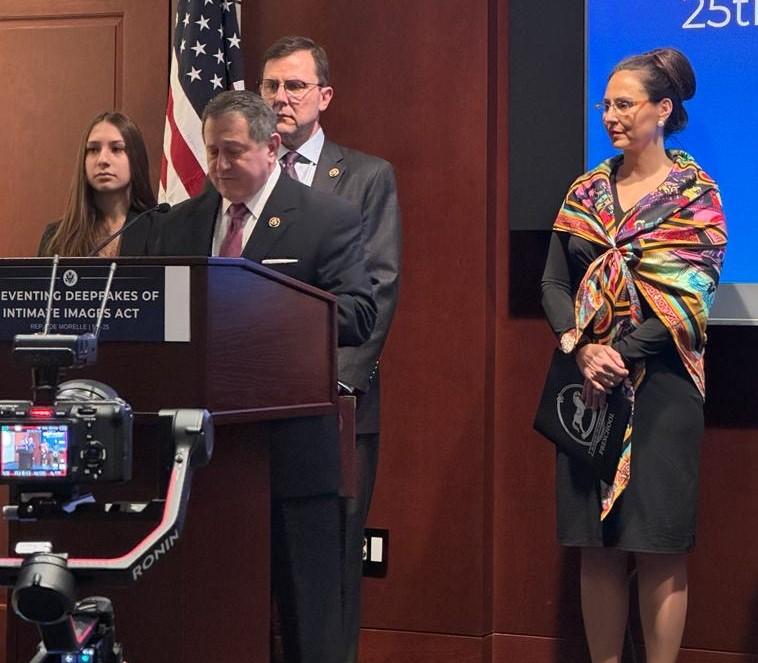At a hearing of a subcommittee of the House Financial Services Committee on April 27, lawmakers addressed and questioned Treasury officials about the actions, ability, and commitment of the Biden administration to place effective financial sanctions on—and disrupt the flow of money to—governments and other entities that support actions hostile to the United States.
A particular focus of the hearing centered on efforts to restrict and interfere with the banking and commerce of China, Iran, and Russia.





